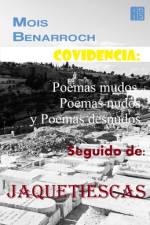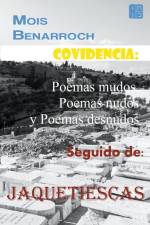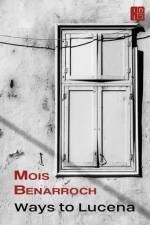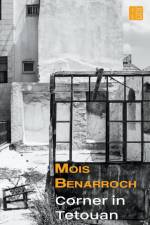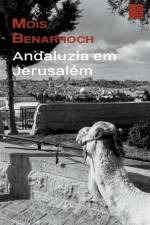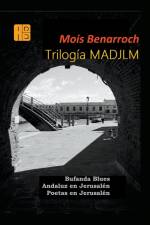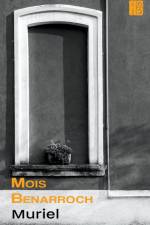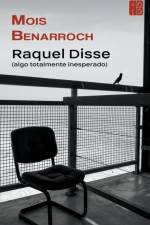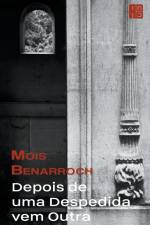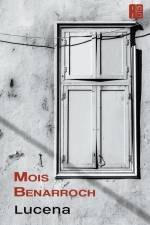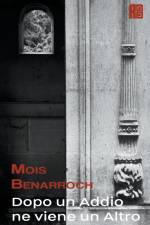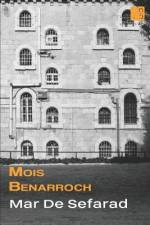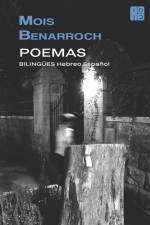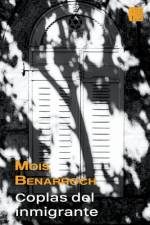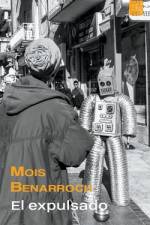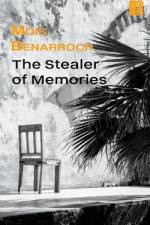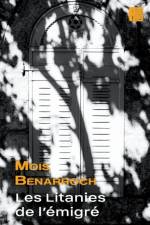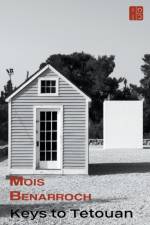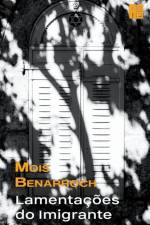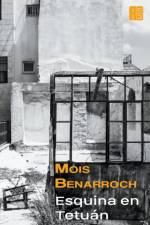av Mois Benarroch
389,-
"Mois Benarroch is the most important Mediterranean Sephardi writer in Israel."Prof. Habiba Pdaya, Haaretz. 2020. Gates to tangierWhen the father of the Benzimra family dies, he leaves a will informing his family of an illegitimate son he fathered with a Muslim woman in Morocco. To receive the inheritance, the family is instructed do everything possible to find that son. They embark on a journey to Tetouan, Morocco, from places as far-flung as Jerusalem, Madrid, New York and Paris. They are in search of their lost brother; a journey that will bring them face-to-face with their Moroccan roots and with their Judaism, a journey that will force them to think about their identities. After this experience they will no longer be the same. The novel reveals the Sephardi-Ashkenazi conflicts that exist in Israeli society as well as the ties and tensions between the Arab world and Europe, and between Middle Eastern and Western cultures. This is a world of complexities and nuances that are often blurred in the versions shown to you by the media.This is a novel about the little-known world of the Jews of Northern Morocco, full of intrigue, humor, and eroticism. But there is also the possibility of a homecoming. Ways To LucenaIn one of his major works, Lucena, Benarroch goes from time travel to social comment, which brings to mind the hilarious novels of Kurt Vonnegut Jr. An old odd ancient man is reaching the age of 1,000 years and has to pass his legacy to his great great great grandson, and prepares him for a journey that will last a thousand years. His first days begin in the Jewish city of Lucena at the beginning of the second millennium and ends in Israel and in Spain. He meets his descendant in a hotel in Malaga, while the young adolescent is trying to find his place in life and family, writing science-fiction short stories and fighting with his parents. This novel will take you back and forth from the future and back to the past, into a world of Sephardi Jewry, the inquisition, Mexican Jews, and back to our present day crazy modernity. Lucena is an internal exploration of the why of exile. And it is a modern road peppered with dialogues, poems, tales and various plots and story lines. All this is set under the solemn shadow of a person called Lucena who is one thousand years old. For the reader who wants to enjoy and at the same time learn something. This is a rich literary cosmos of hedonism. There, in Elí Hoshaana, May God save us, began the dominance of Judaism in Sefarad and ended that of Babylonia. One hundred fifty years a Jewish city; strong and prosperous. The city of faith and true worship of God, not like today. The city of my ancestors and yours, a forgotten city, neither so important nor dramatic; Not Toledo or Granada, but then, in the eleventh century, it was a Jewish city. And nobody thought it could ever be a city with no Jews. Keys to TetouanKeys to Tetouan is the novel of the Benzimra family and its infinite branches expanded all over the world. They are born in the city of Tetouan, Morocco and emigrate to Madrid, New York, Paris, the Amazons, Jerusalem, Greece, and wherever the wind takes them. But they keep longing for the city and keep returning in search of a bride or of an answer to their never ending encompassing of the world.Since 1492, when Spain chases the Jews, this small community settles less than a 100 miles from the frontier with Spain, waiting for things to change and come back, a comeback that instead of happening brings Spain into their city in 1860, creating new ties and new problems with their old motherland.

